Ahead of the Boswil Summer Festival, co-artistic director Julia Fischer speaks to The Strad’s staff writer Rita Fernandes about programming her first summer edition, unique concert formats and engaging festival goers
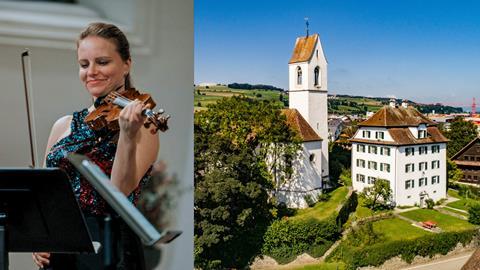
Discover more Featured Stories like this in The Strad Playing Hub
When you took over the Boswil Summer Festival with Benjamin Nyffenegger in 2023, did you have specific goals in mind?
A lot of things changed during Covid and I spent a lot of time looking at new repertoire – but not necessarily 21st-century repertoire, but unknown repertoire by known composers. For example, the Respighi Double Quartet that we’ll be playing this year. We know maybe two or three pieces by him, but of course he wrote more. So with the festival, I’m really interested in finding these kind of works.
That makes me think of the Verklärte Nacht trio version that will be performed in this edition – I had no idea there was a version for trio!
Honestly, I didn’t know that either! It was Max Hornung that told me about it. And just like the Shostakovich Quartet no.8, we’ll be playing the Schoenberg twice, with an analysis of the pieces in between. We really want to invite the audience to spend the day in Boswil and be there the entire time, not just come to one concert then go home, but be around with us. They can even listen to the rehearsals. We want to invite them to be part of that process.
The analysis between pieces is a very unique idea – why did you choose to include it?
We want to show the people what the piece is actually about. Those two pieces especially are works that are so much deeper than what you realise if you only hear it once. But you need a certain knowledge to understand what’s happening, in terms of what is written, which society it was written in and what political problems surrounded it.
And you can’t assume that the audience already know this…
First of all, I can’t assume it, but more importantly, it’s not their job – it’s my job to explain that. They have their own job! They work the entire day and come to the concert in the evening, so I can’t assume they’ve read all about Schoenberg. The ideal is that they come to the concert and get all the knowledge they need from us.
Alongside the analysis concerts, there are other unique concert formats, like the concert where people will hike before and after performances – that seems really fun!
Yes, and it already sold out a few months ago! The area is just so beautiful that people should not just come for the concerts, but we want to show them where they are. And within these concerts we also give young students the opportunity to come and play for the audiences.
Why was it important for you to include a diverse range of formats – such as the analysis and hiking concerts, but also open rehearsals and family concerts?
This is my first time running a festival, so there are many things I want to try out. We’ll see what will and won’t work. For example, the family concert hasn’t been done before at the festival, so maybe the returning audiences didn’t expect it. So it’s very fascinating to try things out and see what is successful or not.
At the end of the day it’s all about crossing borders. I’m trying to get the audience to feel like an active part of the festival, not just a passive one.
I’m trying to get the audience to feel like an active part of the festival, not just a passive one
Personally, what have you found most fulfilling about curating a festival?
It’s really fantastic to be able to ask my friends to come! And repertoire-wise I’m completely free – of course always in discussion with Benny. We kind of have similar tastes, but won’t stand in each other’s way if we have individual ideas. I absolutely love finding that new repertoire and putting together pieces that fit each other and musicians that will collaborate well.
The festival’s theme this year is ‘From My Life’, where did this idea come from?
We first had the idea to centre the edition around musical quotes, because we wanted to emphasise Shostakovich – who quoted himself a lot – seeing as it’s 50 years since his death. But then as a quartet we has played Smetana’s ‘From My Life’ and it moved us so deeply that we found it more poetic to have this as a theme rather than quotes.
‘From My Life’ has an autobiographical element to it, and this is also extremely relevant to Shostakovich, so it fit well. And it fits well for many other pieces in this year’s edition, like the Tchaikovsky Piano Trio. It was a piece that really came from a place where he wanted to put into music what he felt and had experienced.
And through this theme I assume you have been able to further this idea of celebrating unknown works by known composers?
Yes absolutely. I think if you programme a festival with a lot of concerts in such a short amount of time, you need to find an anchor. I don’t find it as interesting when you just have random programmes next to each other. And it also makes the audience feel more a part of the process if everything is linked to a larger idea.
What is unique about this year’s edition?
I think the analysis concerts is something completely new, particularly playing the pieces twice. And the open rehearsal was very successful last year so we wanted to do it again. And the concerts which include collaborations between teachers and students is something we tested out on a small scale last year, but are really bringing to the fore this year.
What parts of this year’s edition are you most looking forward to?
I’m especially grateful to be playing in three piano trios with three different cellists and pianists in each. I’ve never done this before within a week and it’s really with such amazing pieces, so that will be a highlight. And discovering the Respighi has been very exciting. It’s a fantastic piece and really worth listening to.
The Boswil Summer Festival takes place from 4 to 12 July. Find more information here
Read: ‘You have to feel you’re worthy of standing on stage’ - Julia Fischer’s life lessons
Discover more Featured Stories like this in The Strad Playing Hub
The number one source for playing and teaching books, guides, CDs, calendars and back issues of the magazine.
In The Best of Technique you’ll discover the top playing tips of the world’s leading string players and teachers. It’s packed full of exercises for students, plus examples from the standard repertoire to show you how to integrate the technique into your playing.
In the second volume of The Strad’s Masterclass series, soloists including James Ehnes, Jennifer Koh, Philippe Graffin, Daniel Hope and Arabella Steinbacher give their thoughts on some of the greatest works in the string repertoire. Each has annotated the sheet music with their own bowings, fingerings and comments.
The Canada Council of the Arts’ Musical Instrument Bank is 40 years old in 2025. This year’s calendar celebrates some its treasures, including four instruments by Antonio Stradivari and priceless works by Montagnana, Gagliano, Pressenda and David Tecchler.

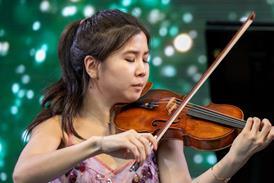
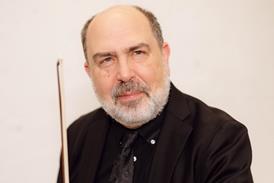
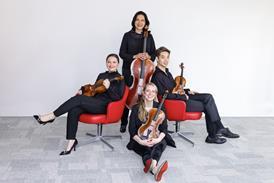

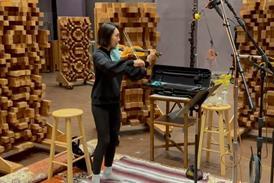
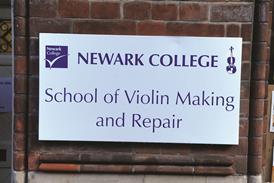
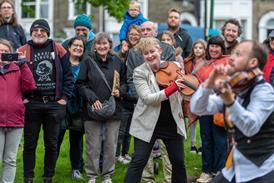



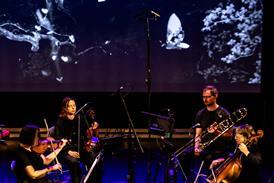
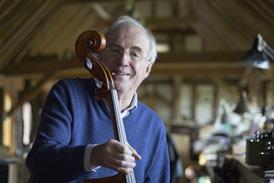
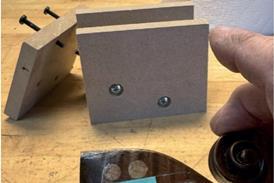
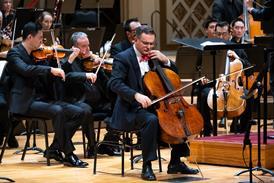
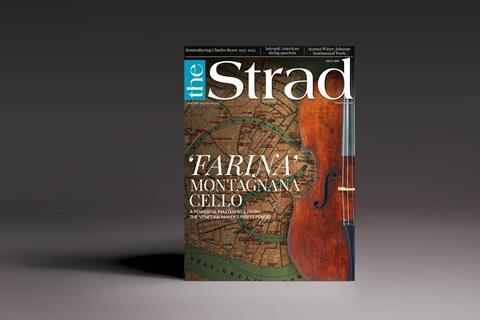




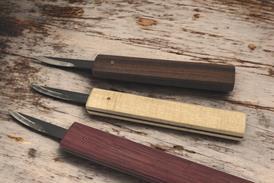

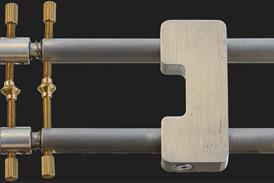















No comments yet